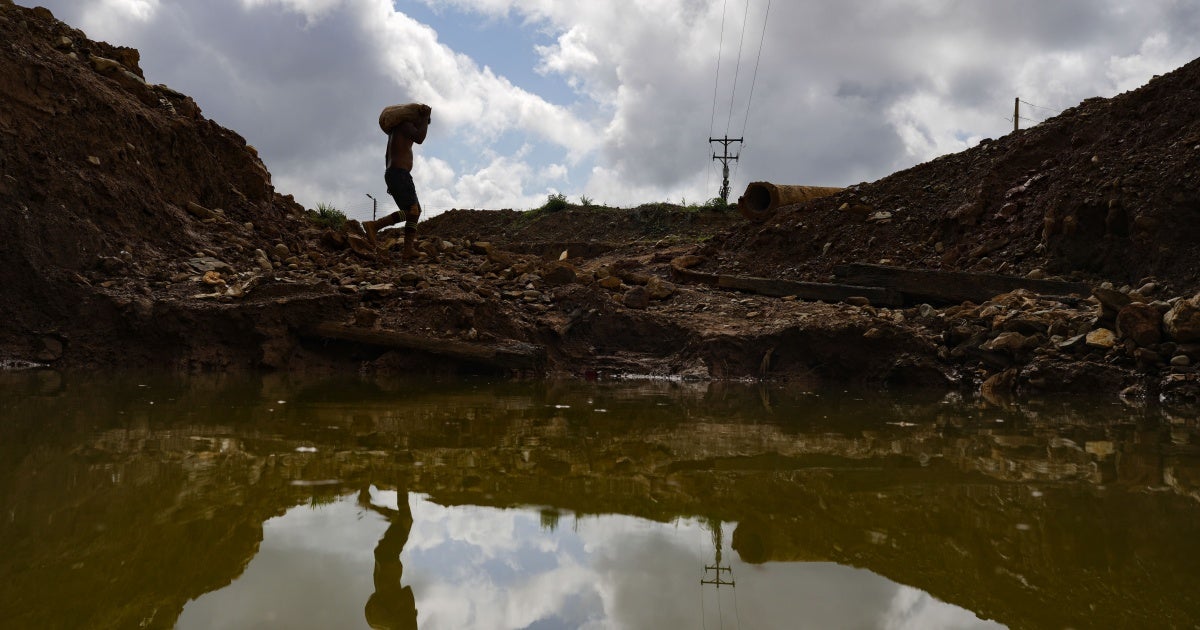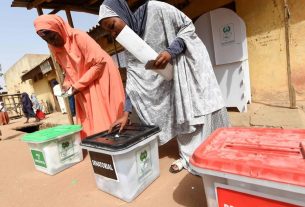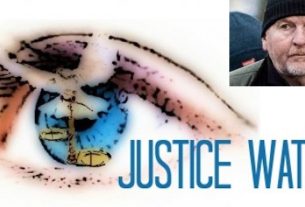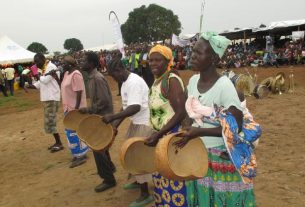Deep in the forest in Venezuela’s Bolivar state, residents live in fear of horrific violence at the hands of armed groups involved in the illicit gold trade. During a 2020 investigation, a 17-year-old boy told Human Rights Watch how he witnessed members of a Venezuelan armed group amputating both hands of a miner they accused of stealing gold. Summary executions and forced child labor by armed groups is still happening today.
Much of the gold controlled by these groups is smuggled out of Venezuela and laundered in “transit countries” like Colombia, Guyana, and Brazil. With its origins now hidden or obscured, it is sold to companies in the United States, Canada, the EU, and elsewhere.
A new requirement by the world’s leading gold refinery industry association, the London Bullion Market Association (LBMA), could help shed light on these illicit practices. According to the new rules, from 2026 onwards, refiners have to publicly disclose the identity of their suppliers from “red flag locations.” These are defined as regions where the gold “originates from or has been transported through a conflict-affected or high-risk area” characterized by armed conflict, political instability, repression, institutional weakness, or widespread human rights violations.
This is good news. Opaque supply chains have benefited armed groups who profit from the gold trade in many parts of the world, including Venezuela, Sudan, and the Democratic Republic of Congo, to name just a few.
Human Rights Watch has written to the LMBA calling on it to ensure that refiners apply the Organisation for Economic Co-operation and Development’s (OECD) definition of “red flag” locations properly, in line with OECD’s Due Diligence Guidance for Responsible Supply Chains of Minerals from Conflict-Affected and High Risk Areas, and include countries where illicit gold is regularly transiting—such as Brazil and the UAE—in its the disclosures.
Human Rights Watch has also called on the LBMA to require its refiners from 2027 to disclose the names and locations of all mines and all suppliers, not just those from “red flag locations.” Human rights violations can occur anywhere, and supply chain transparency can help identify abuses and abusers in global supply chains; an important step to ensuring respect for human rights.
A more transparent gold trade is crucial to disrupting the financing and ending the abuses of armed groups in places like Venezuela. Public disclosures of refiners’ gold supply chains could help detect and diminish their illegal supply chains and curtail the horrific abuses that residents have been suffering for far too long.



